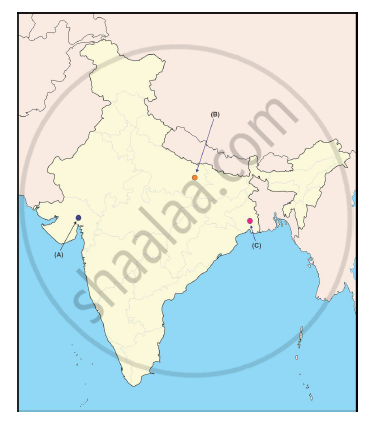Advertisements
Advertisements
प्रश्न
“The democracy has been evolved through struggles and movements all over the world.” Support with statement with examples.
उत्तर
Democracy evolves through popular struggles and movements. When a conflict arises, it may be solved by those groups which are in power and groups which aspire to share power. This leads to the evolution and expansion of democracy in the country.
Further, popular struggles and movements play an important role in a democracy. They help in widening democracy. They force the government to recognise and implement laws benefiting wider interests of the society. When a sectional interest group influences the government to make policies in their favour, another group may bring counter pressure on the government to not make the laws which the first group desires. This results in maintenance of power balance and accommodation of conflicting interests of the society which ultimately result in the deepening of democracy.
APPEARS IN
संबंधित प्रश्न
Why did Mahatma Gandhi decide to call off the Civil Disobedience Movement? Explain.
Three Features A, B and C are marked on the given political outline map of India. Identify these features with the help of the following information and write their correct names on the lines marked in the map:
A. The place where the cotton mill workers organized Satyagraha.
B. The place related to the calling off the Non – Cooperation Movement.
C. The place where the Indian National Congress Session was held.

Explain the main features of this 'swaraj flag.'
Which one of the following political parties came to power in Bolivia in 2006?
(A) The Communist Party
(B) The Republican Party
(C) The Socialist Party
(D) The Conservative Party
"Pressure groups and movements exert influence on politics in different ways." Support the statement with suitable examples.
Which one of the following statements is correct regarding 'sectional interest groups'?
Who, among the following, was the author of the famous book 'Hind Swaraj'?
(A) Shaukat Ali
(B) Subhas Chandra Bose
(C) Jawahar Lal Nehru
(D) Mahatma Gandhi
Explain with examples the role of industrialist in the freedom struggle of India.
Mewat is one of the most backward areas in Haryana. It used to be a part of two districts, Gurgaon and Faridabad. The people of Mewat felt that the area will get better attention if it were to become a separate district. But political parties were indifferent to this sentiment. The demand for a separate district was raised by Mewat Educational and Social Organisation and Mewat Saksharta Samiti in 1996. Later, Mewat Vikas Sabha was founded in 2000 and carried out a series of public awareness campaigns. This forced both the major parties, Congress and the Indian National Lok Dal, to announce their support for the new district before the assembly elections held in February 2005. The new district came into existence in July 2005.
In this example what is the relationship that you observe among movement, political parties and the government? Can you think of an example that shows a relationship different from this one?
How do pressure groups and movements strengthen democracy? Explain.
